“European Studies”, a program centered on European trip, was held this year for the purpose of “spreading interest in the world’s problems through understanding diverse cultures, and cultivating qualities of leadership in the global field”.
This year, 11 students from 9th grade to 11th grade visited Germany, Poland, and Switzerland for 12 days from January 4th to 15th. They visited Freiburg, where environmental policy is heavily promoted, Auschwitz, Jagiellonian University in Krakow, the UN European headquarters, the International Red Cross, the United Nations High Commissioner for Refugees, and various places related to International Labor Organizations.

After 12 hours of flight from Narita and a 3 hour bus ride they arrived at the first destination; Freiberg.
Soon after arrival, they visited the city’s industrial high school, a small hydroelectric power generation plant, and the old town area. During the visit, they took in a lecture about the environmental policy the city is promoting and learned about sustainable urban development.


On the next day, they visited a couple of places in the city by tram based on information from the previous day’s lecture. They wanted to explore the sustainable city with their own eyes. After that, Japanese exchange students going to Freiberg University gave them a tour around the campus. That was the end of the activities in the city.


When they were moved on to Poland by bus and flight, they experienced a border crossing with no inspection as the “Schengen Agreement” has allowed.
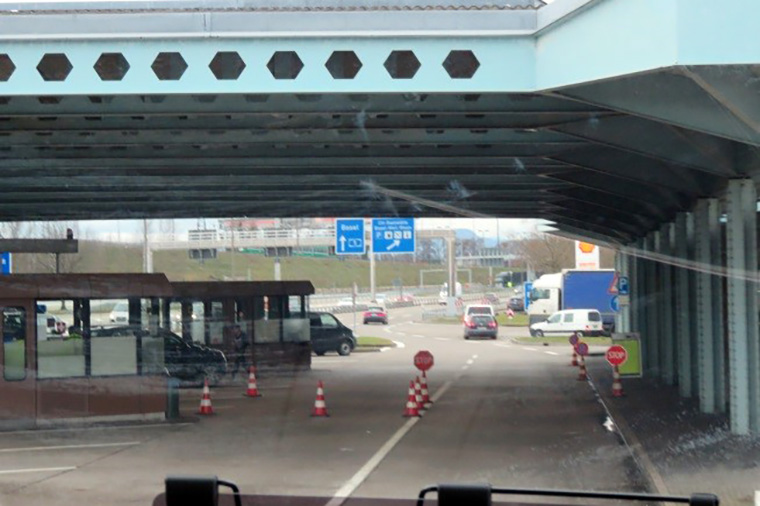
On day 5, they visited the Auschwitz-Birkenau Museum. The only official foreign tour guide, Tsuyoshi Nakatani, gave a tour of the facility. He explained the history of Auschwitz and the difference in values people at that time had compared to people today. The students could easily understand after listening to him. It was a very shocking experience for the students to learn about such harsh conditions for people in prison while seeing the scale with their own eyes and feeling the environment such as the temperature in the fields.


On the next day, the students visited Poland’s oldest university, Jagiellonian University in Krakow, from where Copernicus and John Paul II graduated. After interaction with local students who are studying Japanese. The students were divided into 4 groups with themes of “human rights,” “diplomacy,” “international exchange”, and “environment”. They gave presentations in English. The students exchanged their own opinions and facts about what Poland is doing for each of the themes and had a debate afterwards.
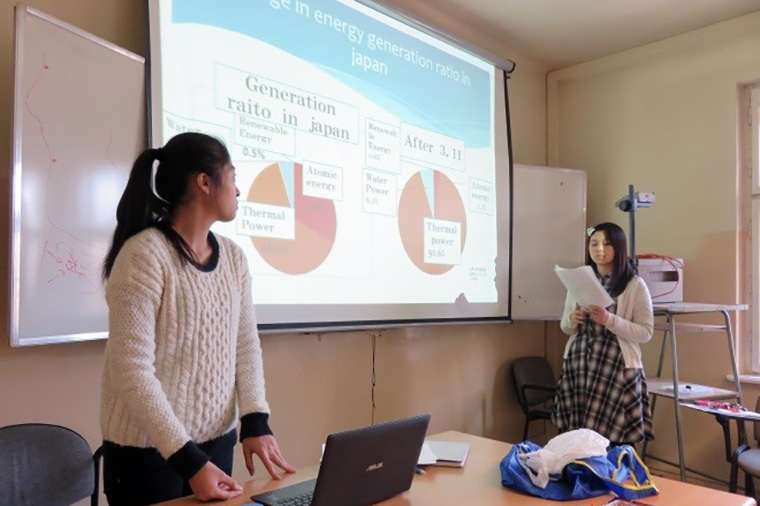
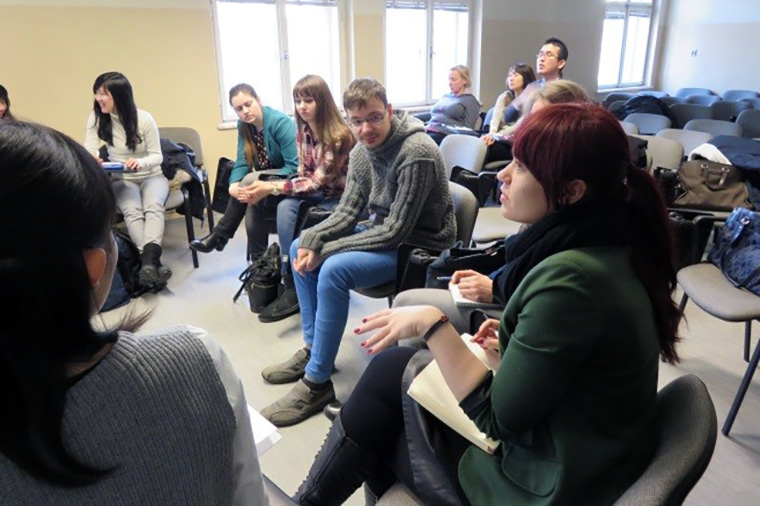
At the next destination, Geneva, Switzerland, students visited 4 international organizations in two days. On the first day, they participated in a tour of the European headquarters of the United Nations and learned about the history of international cooperation. After the tour, they visited the International Labor Organization (ILO), and the United Nations High Commissioner for Refugees (UNHCR). At the ILO, 10th graders gave a presentation in English about “The Situations and Challenges of Trade between Japan and the EU “, and 9 graders talked about “Issues relating to Refugees” at the UNHCR. Students were able to receive valuable comments from staff members of both institutions.


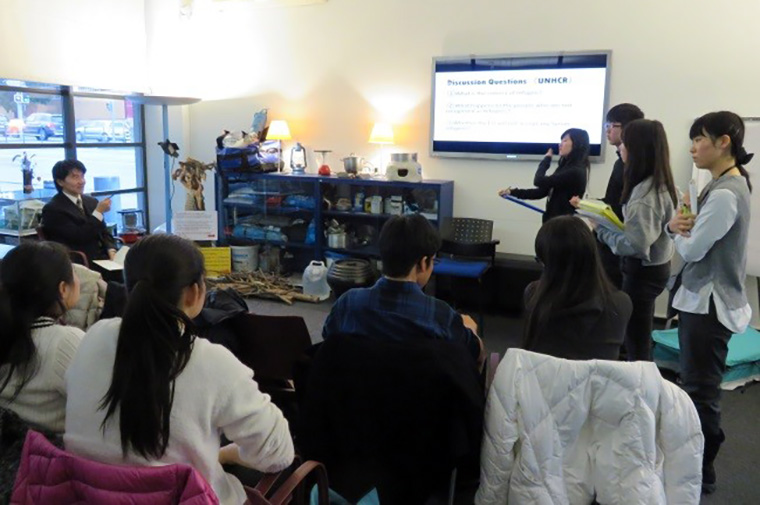
On the second day in Geneva, there was a visit to the International Red Cross. After learning about the history and activities of the Red Cross from various exhibitions in the facility, they participated in a 2-hour workshop. Students learned common rules and human rights responsibilities required during times of war, through group work.


The last day, we changed the schedule from climbing Chamonix-Mont-Blanc (due to bad weather), and visited the old town of Geneva. They learned the history of Europe and got a glimpse of its culture through visiting the University of Geneva and Saint-Pierre Cathedral.
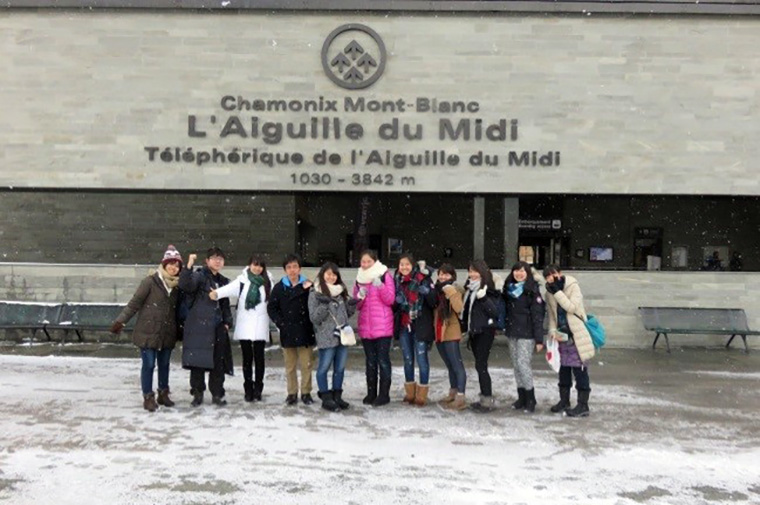
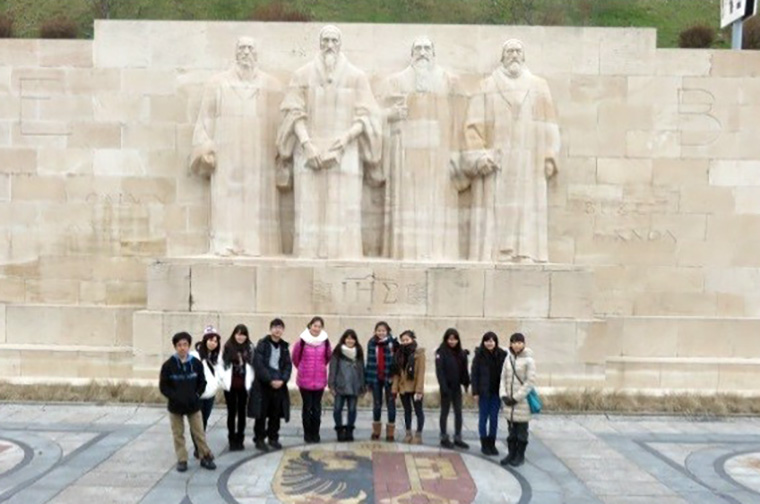
After this visit, students looked back on what they felt from this experience and individuals presented their future goals. All of the students felt this experience was very meaningful. They realized that learning from photos and materials and actually experiencing give totally different impressions. This experience proved to be a very valuable tour for every single student who participated. It let them feel the possibility of working in international organizations as a career in the future.



